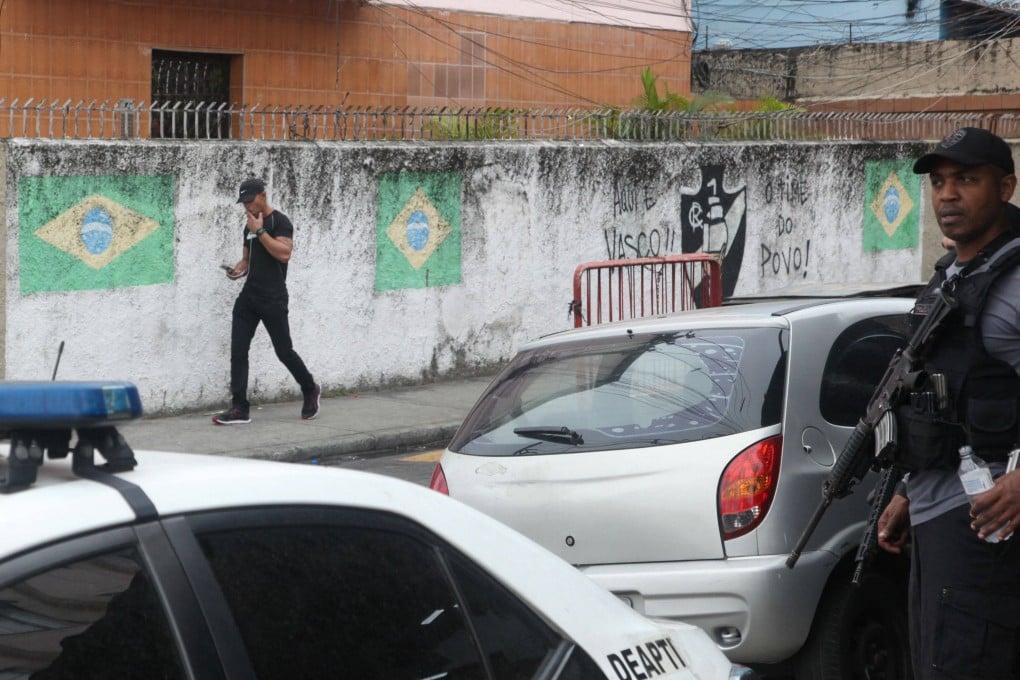In Rio de Janeiro, young women in a favela hope to overcome slum violence to play in 2027 Women’s World Cup
- Young women footballers in Complexo do Alemao, one of Rio’s most impoverished and violent favelas, often can’t leave home to train when police and drug dealers shoot at each other
- A five-time champion in men’s soccer, more than any other country, Brazil has yet to win its first Women’s World Cup trophy.

A 20-minute drive separates the historic Maracana Stadium from the Complexo do Alemao, one of Rio de Janeiro’s most impoverished and violent favelas.
One of its residents, 15-year-old soccer player Kaylane Alves dos Santos, hopes her powerful shots and impressive dribbles will allow her to cover that short distance from slum to stadium in three years to play for Brazil’s national team in the final of the 2027 Women’s World Cup.
That chance, once remote, became more realistic on Friday when Fifa members voted to make Brazil the first Latin American country to host the Women’s World Cup.
Local organisers have suggested that both the opening match and the final are likely to be played at the 78,000-seat Maracana Stadium that staged the final matches of the 1950 and the 2014 men’s football World Cups.
Teenager dos Santos knows the hurdles for her to ever play for Brazil remain enormous – in 2027 or later. She does not have a professional club to play for, she only trains twice a week, and her nutrition is not the best due to limited food choices in the favela.
Most importantly, she often cannot leave home to play when police and drug dealers shoot at each other in Complexo do Alemao.
